Table of Contents[Hide][Show]
When it comes to supplements there are lots of things that can help balance blood sugar levels.
The thing is though, you want to try to get most of your nutrients from food sources, then use supplements to help as well.
To get the most you can out of food, choose nutrient dense whole foods – lots of fresh vegetables, chicken, fish, lean meats, olive oil, avocado, nuts and seeds – foods that support good health.
And of course, ensure you make great food choices for your diabetic diet – changing your diet alone can help you balance blood sugar and even reverse your diabetes – we’ve seen it happen many times with our members!

Leisa lowered blood sugar from 300s to normal in just 30 days.
“Not only are my readings now within normal range, I’m also down over 20 pounds and feeling so much better. Thank you.”
After you get your diet on track, if you do need some assistance, there are several supplements that can help you achieve better results.
These are the top 5 supplements that Dr. Axe recommends:
1. Chromium Picolinate
Chromium is an essential mineral that we need in small amounts. It is well known for helping people control sugar cravings and this is likely because it helps enhance the action of insulin and boosts metabolism of nutrients.
Overall, for diabetes it helps improve insulin sensitivity and glucose control. Broccoli is one of the highest vegetable sources of chromium. Cinnamon, mentioned below, is also a good natural food source of chromium.
When it comes to supplements, chromium picolinate, is the most bioavailable form – meaning your body can absorb it more readily.
Dosage: (600 mcg daily)
2. Cinnamon
The polyphenols found in cinnamon have been proposed to help the insulin receptors in beta cells respond more efficiently, enhance insulin signaling, and improve glucose transport and glycogen storage.
Overall studies have shown several benefits of consuming cinnamon including:
- Decreased oxidative stress
- Improved blood lipids (cholesterol)
- Improved blood glucose
- Improved insulin sensitivity
- Directly targets insulin resistance
You can take a cinnamon supplement. And a cheaper and more convenient way to get more cinnamon on a daily basis is to simply use ground cinnamon powder and add it to food, smoothies or tea to help improve blood sugar control.
Try making this cinnamon tea using whole cinnamon sticks – makes a deliciously sweet tea!
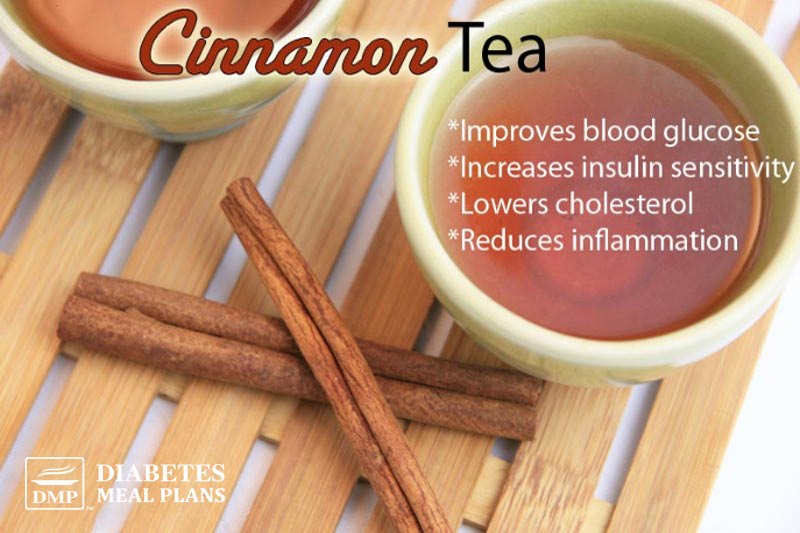
Dosage: 2 teaspoons daily, or capsule dosage as recommended by the manufacturer.
3. Fish Oil
Found in high dosage in fish oils, omega-3s “raise levels of adiponectin in the bloodstream. Adiponectin is an important hormone that has beneficial effects on metabolic processes like glucose regulation and the modulation of inflammation,” according to the Endocrine Society.
Omega-3s are also necessary for proper insulin function. And the thing is, most people have an imbalance of omega 6 and omega 3 fats in the body. Omega 6 are pro-inflammatory, while omega 3s are anti-inflammatory.
Type 2 diabetes is an inflammatory condition. The increased inflammation in the body acts on the liver and muscles and increases insulin resistance and cholesterol production. It can also contribute to complications and more dysfunction in the body.
Therefore, a great way to combat this is to take fish oil supplements – the best kind to take is fermented cod liver oil.
Dosage: 1,000 mg daily.
Please share, pin, or tweet this post; then keep reading!
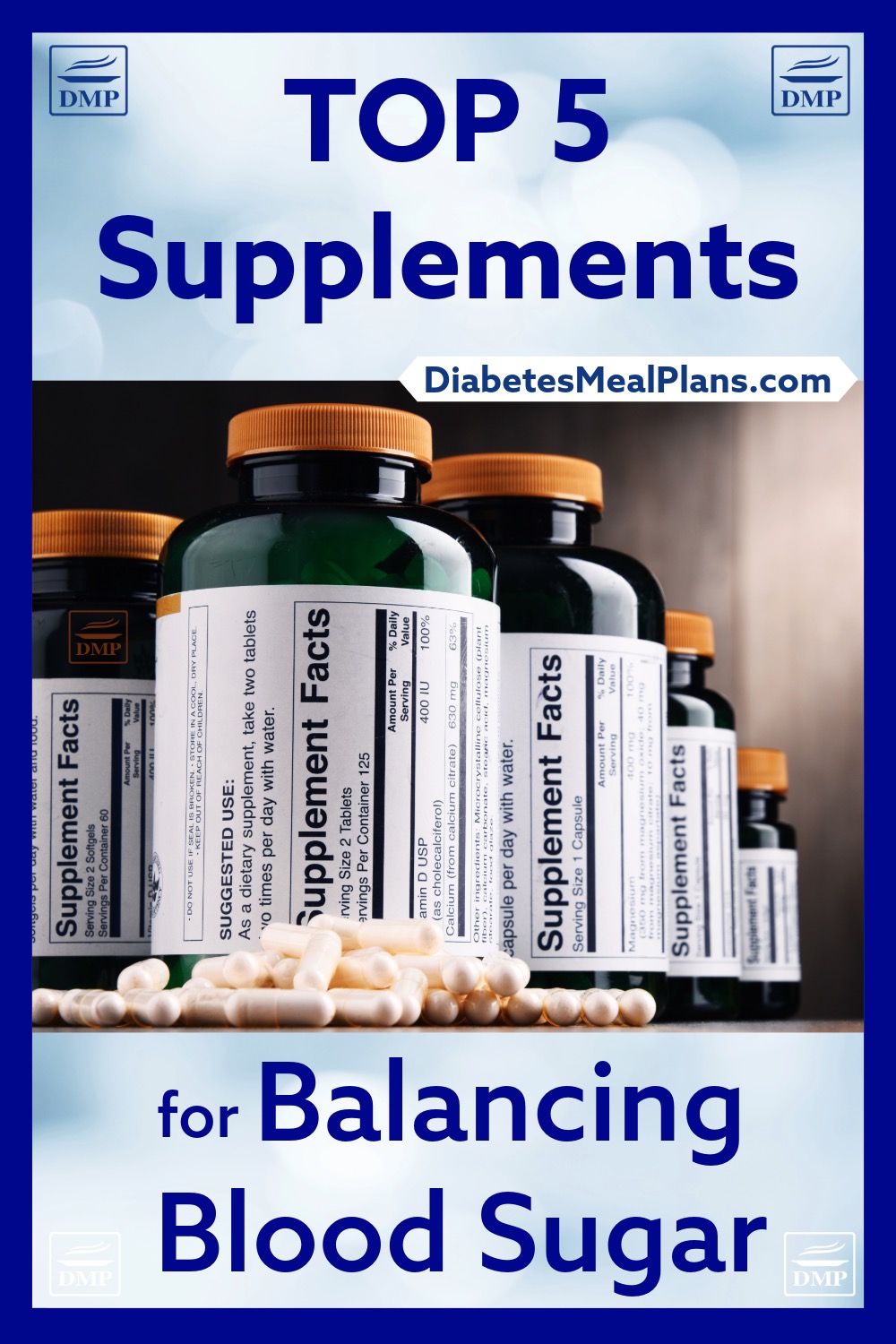
4. Alpha-Lipoic Acid (ALA)
According to Dr. Weil, “ALA is an antioxidant and can enhance the uptake of glucose into cells and help inhibit glycosylation (the abnormal attachment of sugar to proteins, which hinders their normal functioning). It also helps promote and maintain eye health, and perhaps prevent and treat diabetic peripheral neuropathy.”
Neuropathy is a common diabetic complication. Studies have shown that ALA does in fact help reduce neuropathy, which is a very good thing. We’ve covered ALA in more detail over here.
Dosage: 300-1200 mg daily
5. Fiber Powder
Quite simply as Dr Axe says: “Fiber from vegetables and seeds can control blood glucose.”
Without a doubt, many studies show this to be true. Dietary fiber is incredibly beneficial for many different reasons (beyond just improving digestion) and most people simply don’t eat enough fiber.
The current recommendations for dietary fiber is around 25-30 g day, but majority of people don’t get anywhere near that amount, most people eating under 15 g per day!
In terms of helping with type 2 diabetes or prediabetes, fiber slows the absorption of sugar into the blood stream, which means you have better control over your blood sugar levels.
If you imagine that when you eat fiber it is indigestible (insoluble fiber) so it creates a lattice-like network in the gut that slows down the metabolism of nutrients, including carbohydrates. Fiber also helps create a viscous gel-like substance (soluble fiber), that further slows down digestion and the metabolism of nutrients. Fiber also keeps us regular, cleans out the digestive tract and feeds beneficial gut bacteria. We need lots of fiber!
The best place to find fiber is to eat lots of non-starchy vegetables. For instance, a cup of broccoli will give you 2.4 grams of fiber and a cup of cubed eggplant will give you 2.5 grams of fiber.
Since many people still struggle to get the amount they need, a good quality fiber powder supplement can help you achieve your daily intake.
Dosage: 10 g.
Ready to start your journey to better health?
Subscribe for weekly nutrition tips, recipes and updates

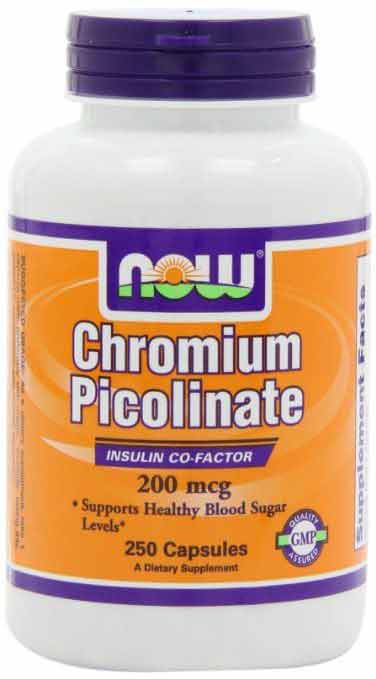
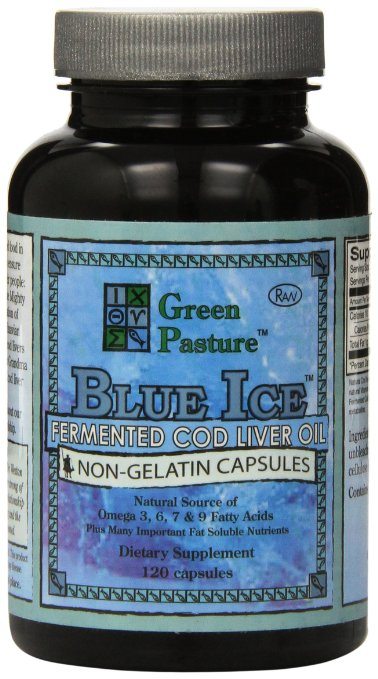

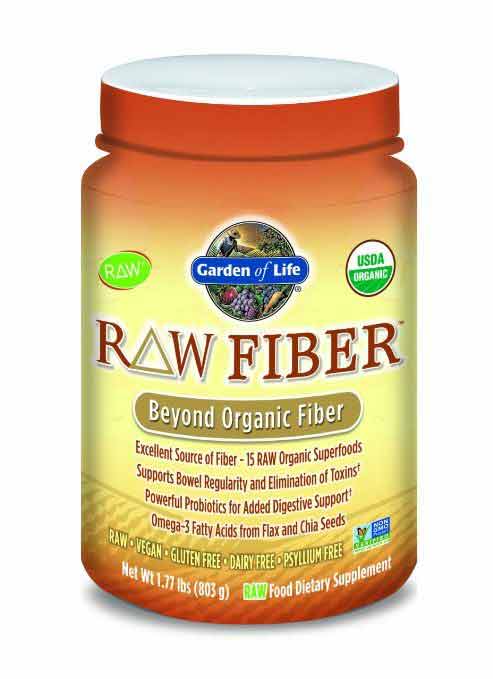
Taking a fiber supplement..(psyllium), I noticed my numbers were going up and staying up.
I didn’t make the connection until I started by quitting supplements by process of elimination and nothing was changing until I discontinued psyllium fiber.
I take metformin in the morning. So, I asked my pharmacist and he said yes, Any fiber supplement will form a gel or coating in the the intestines and interfere with any meds from being absorbed well.
He further said to wait 2 or so hours after taking any meds before I take the psyllium capsules and see if that helps.
Of course he also said that the best way to get adequate fiber is through diet.
Hello, I came across your info looking for help on Pinterest. It’s July, 2020 now, but I sure could use advise. I’m 66, with type 2, and am doing horribly. Suddenly for the last 2 mos, my sugar has gone very high. I am on metformin 2x’s a day, and glipizide 2x’s a day. I am also hypothyroid. Which my numbers there have dropped, with my Dr increasing my levothyroxine. I have not felt well for months. Since I’m not able to see my Dr due to covid, she does phone visits. Very hard to understand her. She has added the insulin pen. That too is hard. As I am kinda on my own with that. I want help. I want to eat well, take supplements, anything that ca n help. Please, if you can suggest in simplest of details, I will try anything. Thank you!
Hi Martha, I would suggest you browse our diet resources as you can do a lot to control your diabetes with diet. If you are taking thyroid medications, these may be affecting blood sugar also. For extra help and support, you might consider joining us as a member.
I was on metformin along time ago I stopped it..I take Levemir insulin..Dr put me on Glipizide..it made me extremely tired and broke me out in a bad rash..I stopped taking Glipizide..I feel alot better..Look at the side affects of the meds your on..I do..some meds aren’t always good for you. Hope you get to feeling better .❤️
This is very helpful! I love reading articles about health, then share it to my family and friends.
I love reading the comments but I just have a question….is it just me or does anyone else find that your medical Dr is against taking supplements. They would rather have you taking drugs for meds.
I definitely agree that some doctors are more open to it than others. Unfortunately medical doctors are typically lacking in nutrition education as most medical schools only require they take one or two nutrition classes. Another huge problem is the strength, and wealth, of the pharmaceutical industry which can sometimes influence doctors to rely on medication instead of exploring more natural options. The most important thing is to always do your research to make sure you are getting the best possible outcomes.
I’m type 1 and I find it difficult to manage blood sugar even with a pump. I’ve been on vitamins packs for diabetes sence 1995 I find they help, they have everything listed above and more.
I agree, I was diagnosed with type 2, 6.6.. they wanted me on insulin right away! I said I want to try eating, exercise and meditating,(severe stress with cancer) they argued with me!
I’ve been researching herbal supplements to balance blood sugar, not lower it, balance it. I found that cinnamon and Berberine plus Omega 3s and a good multiple vitamins sounds very promising. I just started taking these. In a month I’d like to test my A1c to see if these work.
Remember to pair those beneficial supplements with a healthy (low carb) diet and keep us updated on your progress. You may want to wait a bit longer to re-test A1c as it is a measure of your blood sugar over 3 months; your physician may have the best insight as to when to retest.
I was diagnosed with type 2 diabetes Oct. 2002. I was taking Glipizide and Metformin. I stopped taking Metformin because I felt extremely sore and started taking Flaxseed, Burberine and Chromium. My A1C went from 12 to 6.2 in 3 months. When I told my doctor, he seemed pleased with the numbers but recommended another Blood Glucose medication instead of Metformin. Wow.
Hi! I have had type 2 diabetes for many years now but recently diagnosed with gastroparesis which is a diet against fibre, anything with skins which is most veggies and fruits. How do I combine hi fibre with this disease? Pretty perplexed.
Hi Moy- my best advice is to consume fiber as tolerated, meaning eat what you’re able to but know your limit. Vegetables (and to a much lesser extent fruit) offer you’re body an abundant amount of nutrients that you would not want to eliminate entirely because of your gastroparesis. Slowly build up your intake of fiber until you find your comfort spot. You may also find it helpful to go for a easy walk after a fiber containing meal as this can help promote digestion.
Give this list a look and see what foods you’re able to tolerate without any symptoms of your gastroparesis!
How possible to get this raw fibre product. What will I do to get the Raw Fibre Powder.
Check out this link for information on where to purchase Raw Fiber.
Hi !
How can i get your newsletter? I am interested in all about diabetes info
Thanks
Click here to subscribe Teresita!
Great and good news
Hi
I bought all the supplements you recommended. When is the best time to take them?
Rachel, there aren’t any specific times you need to take them. You may consider starting with just 1 or 2 of the mentioned supplements, to check for tolerance, and then gradually build up to all 5. Check with your doctor for more specific recommendations, and certainly if you are on insulin or any other diabetes medications you should let your doctor know you will be starting these so they can adjust medication accordingly.
How can I get your newsletters
Click here to subscribe LaTonya – we look forward to having you as one of our subscribers!
Thanks for info.
Absolutely, we hope you are able to use most (if not all) of the information on our site to improve your, or a loved one’s, health!
I use Blue agave for a sweetener in baking. I also take Bitter Melon 500mg twice a day. Breakfast and lunch. Metformin after dinner.
Three months ago, with my A1C at 7.8, I started drinking 1 tbsp Bragg Apple Cider Vinegar + 1 tsp Blue Agave Nectar in half a cup of water every morning. I add a heaping 1/2 tsp Ceylon Cinnamon to my Carbmaster Yogurt. I take Tumeric w/black peppercorns, Cumin, Cinnamon and Flaxseed Oil supplements twice a day with meals. I added more exercise to my day’s activities.
Result = I’ve lost 10 pounds and my A1C dropped to 6.8, so I’d say supplements work quite well.